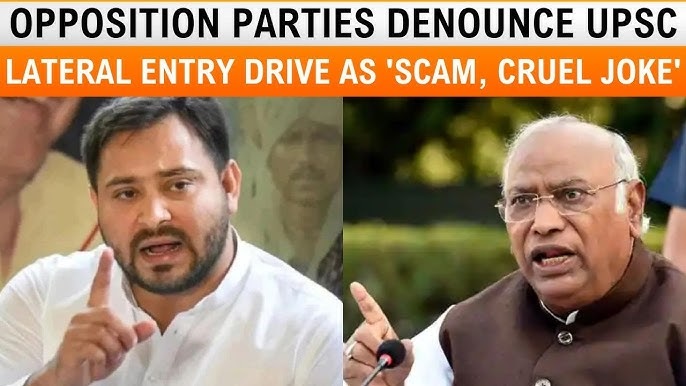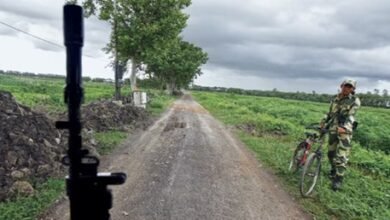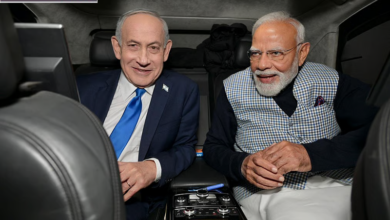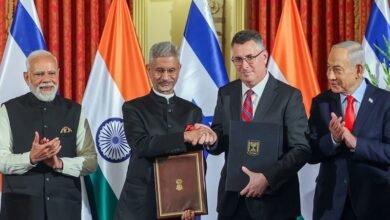Modi Government Reverses Lateral Entry Recruitment Decision After Opposition Criticism

News Mania Desk/Agnibeena Ghosh/20th August 2024
In a significant policy reversal, the Central Government has instructed the Union Public Service Commission (UPSC) to withdraw its recent advertisement for lateral entry positions in the bureaucracy. The move follows strong opposition criticism over concerns that the recruitment process overlooked reservation policies, potentially marginalizing underrepresented communities.
Union Minister of State for Personnel Jitendra Singh took swift action by reaching out to UPSC Chairman Preeti Sudan, urging the cancellation of the advertisement. Singh emphasized the need to ensure that communities historically marginalized in government services, such as OBCs, SCs, and STs, are fairly represented and included.
The controversy erupted after the UPSC announced on August 17, 2024, that it would be hiring 45 individuals for key bureaucratic positions, including joint secretaries, directors, and deputy secretaries. The lateral entry scheme, which allows for the recruitment of experts, including those from the private sector, into government roles, was at the center of the debate. Opposition parties quickly raised concerns, arguing that the scheme undermined the reservation entitlements of disadvantaged groups.
In his communication with the UPSC, Singh reiterated that Prime Minister Narendra Modi’s administration is committed to maintaining reservations in public employment as a cornerstone of social justice. This commitment, he noted, is crucial for correcting historical injustices and ensuring a more inclusive society. Singh pointed out that the positions in question are specialized, single-cadre posts that currently do not accommodate reservation policies, and stressed the need for a thorough reassessment and amendment of this policy.
The decision to ask the UPSC to retract the lateral entry recruitment advertisement reflects the government’s recognition of the importance of reservation in promoting social equity. By canceling the advertisement, the government aims to address the concerns raised by opposition parties and align with its broader commitment to social justice and empowerment.
This move by the Modi government highlights the delicate balance between bringing in external expertise through lateral entry and upholding the principles of reservation that have been a vital part of India’s efforts to create a more equitable society. The lateral entry scheme, while intended to infuse fresh perspectives and specialized skills into the bureaucracy, must also ensure that it does not exclude or disadvantage those who have historically been underrepresented in government roles.
Jitendra Singh’s intervention serves as a clear signal that the Modi government is willing to listen to feedback and make necessary adjustments to its policies in order to uphold its commitment to social justice. By reversing the decision on lateral entry recruitment, the government has taken a step towards addressing the concerns of underrepresented communities and reinforcing its dedication to creating a more inclusive public service.
As the government continues to navigate the complexities of recruitment and reservation in the bureaucracy, this decision will likely be seen as a pivotal moment in the ongoing effort to balance the need for expertise with the imperative of social equity. The cancellation of the UPSC advertisement is not just a procedural change but a reaffirmation of the government’s commitment to ensuring that India’s administrative machinery reflects the diversity and inclusivity that are essential to its democratic ideals.






